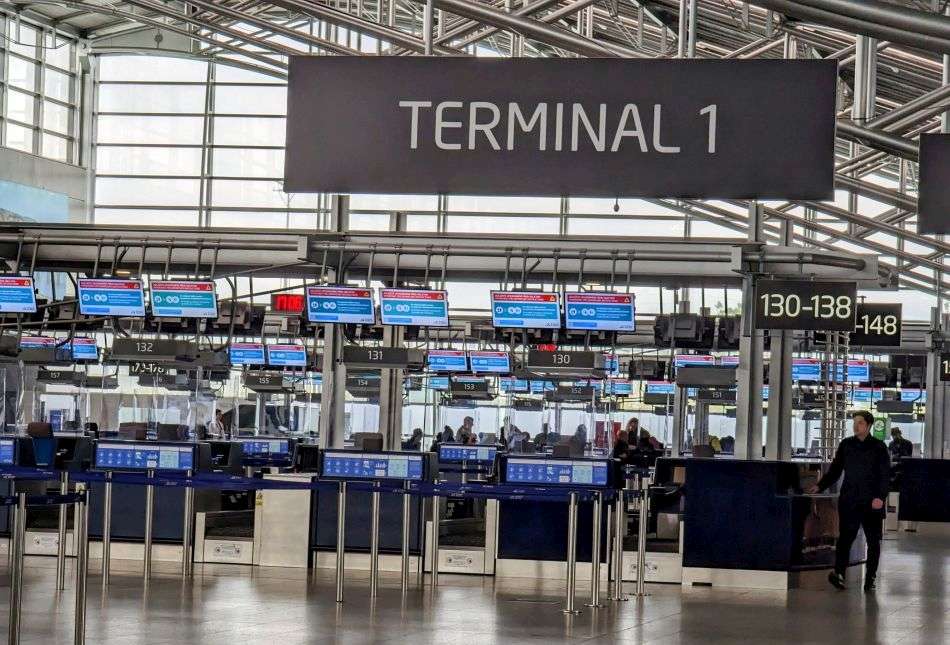The Prague airport is looking for partners to help it develop some of the huge, empty tracts of land that surround it. Letiště Praha’s chairman Jiří Pos told E15 “Airport City” should be developed along the lines of those that have built around the Vienna and Amsterdam airports. The state-owned company is currently planning a CZK 30 billion expansion of Terminal II, so it needs to generate cash. Pos figures that by selling, renting or partnering with private investors on real estate developments, he can come up with some of the needed funds.
Along with services for . . .
------------------------------------------------------------------------------
Subscriber content
Archival content is available to subscribers only. If you have a membership subscription and are are experiencing issues logging in, please try the login below:
If you're interested in reading further, why not gain full access to the archives by subscribing?
Order your subscription here and we'll send you an invoice.
Annual memberships (€100/yr) can also be paid for by credit card, or you can pay month-to-month by clicking here.






